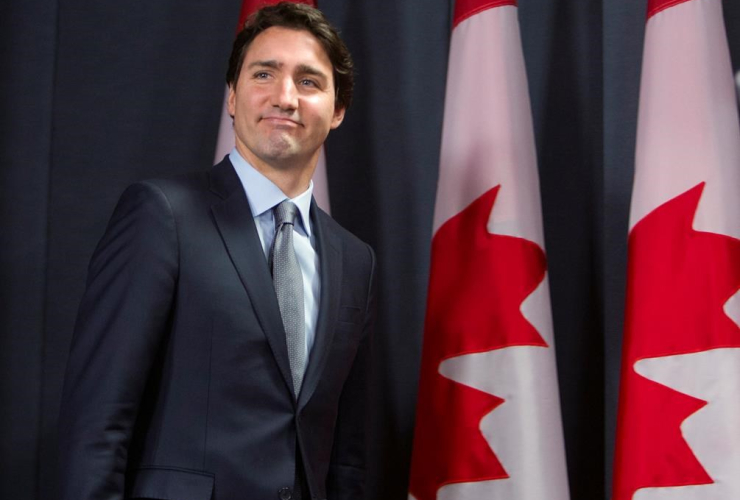The federal government says it will seek the public’s support for whatever changes it ends up deciding to propose for Canada’s electoral system.
But the threshold for that support, and how it will be achieved, remained unclear Monday as the Opposition Conservatives continued to demand that the question of how best to improve the system be put to a referendum.
"We’re going to ensure the will of Canadians is behind whatever we put forward," said MP Mark Holland, parliamentary secretary to Democratic Institutions Minister Maryam Monsef.
Holland encouraged opposition MPs during question period to get their constituents involved in the reform process. "Help us to change the status quo, improve our system, modernize our electoral system and bring us into the 21st century."
Monsef told the Toronto Star newspaper during this past weekend’s Liberal policy convention in Winnipeg that the government won’t go ahead with any changes without broad buy−in from voters.
"Canadians can rest assured that unless we have their broad buy−in, we’re not moving forward with any changes," Monsef was quoted as saying.
Prime Minister Justin Trudeau promised during last year’s federal election that 2015 would be the last year a Canadian campaign is decided by the so−called first−past−the−post system, which has been in place since Confederation.
But the Liberals have been accused of trying to "stack the deck" for proposing that a committee dominated by Liberals would have the final say on any suggested changes to that system.
There have also been complaints that the reform process is taking too long. It could take years to adopt a new system and the next federal election is scheduled for 2019.
But time is needed to hear from Canadians about their preferences for a new system, Holland said.
"We want to make sure that Canadians’ voices are heard, that they’re given a proper opportunity to be involved in modernizing their system," he said.
Broad public consultations are needed not only to reform the electoral system, but to decide such issues as whether to adopt measures like electronic ballots and mandatory voting, he added.
Without explicitly ruling out a national referendum on any new electoral system proposal, the Liberals have resisted the call, saying there are other ways to determine what most Canadians want.
The New Democrats have called for a system incorporating a form of proportional representation, which they argue would better reflect the will of voters.
The current system, critics argue, allows majority governments to be formed without a majority of the popular vote.
The Liberals won a large majority government last year with less than 40 per cent of the popular vote. The Conservatives saw similar results in 2011.
The Canadian Press.
Despite assurances by Mark
Despite assurances by Mark Holland and Democratic Institutions Minister Maryam Monsef about obtaining broad consensus, as the article points out, there was no hint as to how they would achieve that broad consensus.
Even during the election campaign the Prime Minister gave hints as to his preferences. Specifically, these included the notion that every member should represent a specific riding, that he wanted to keep the system simple and that he preferred the idea of ranked ballots. That would likely produce a system like first past the post on steroids giving the Liberal government permanent majorities in the future.
As pointed out in the article, the stacking of the committee got the project off to a bad start. This committee should of been constituted on the basis of popular vote in the last election and not on the number of seats in the House of Commons. Furthermore, every member of the committee should have a vote.
During the election Mr. Trudeau said he wanted to “make every vote count”. The only way to do that is with some kind of proportional representation system which is unlikely to qualify as simple enough for his tastes. The media also rants about the complexity of other systems as if Canadians are not intelligent enough to grasp systems implemented in many countries around the world.
While a referendum is not necessary, I would expect the Liberals to be totally transparent about how they determined that they had widespread support for any proposal.



Comments